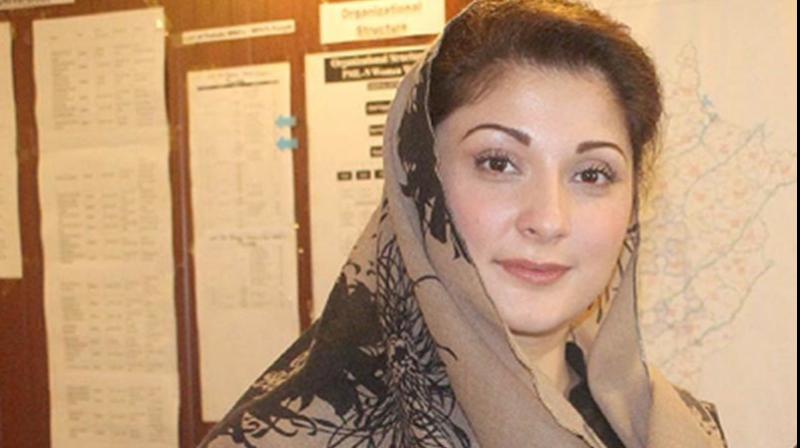Former nuclear scientist Dr Abdul Qadeer Khan claimed before the Supreme Court on Thursday that he was forced to sign his consent in an earlier habeas corpus petition as a result of which the Islamabad High Court had disposed of that petition on Feb 6, 2009.
Submitted to the Supreme Court through his counsel Taufiq Asif and Sheikh Ehsanuddin, a hand-written letter by Dr Khan claimed that the earlier consent letter was not of his free will.
A two-judge Supreme Court bench comprising Justice Mushir Alam and Justice Yahya Afridi issued notices to the Strategic Planning Division (SPD) and Attorney General Khalid Jawed Khan, asking them to come up with a proper response on the maintainability of Dr Khan’s appeal.
The apex court had taken up Dr Khan’s appeal seeking enforcement of his fundamental rights, including free movement. The appeal was filed against the Sept 25, 2019 Lahore High Court judgement which had rejected Dr Khan’s plea on the grounds that it lacked jurisdiction in view of special security measures adopted by the state.
On Feb 6, 2009, the IHC had decided the habeas corpus petition, declaring that the petitioner was a free citizen and the petition was disposed of in terms of Annexure-A, the contents of which were not to be issued to the press or made public in any manner as requested by both sides.
In the petition before the apex court, the petitioner argued that the LHC order of disposing of his petition was not in consonance with the law laid down by the apex court. Dr Khan’s services for the country had been recognised many times and he had been awarded, the petition said, adding the treatment being meted out to him was violative of his inviolable constitutional right of dignity as enshrined in Article 14 of the Constitution.
It was his fundamental right to move freely throughout the country and meet with anyone individually or in any assembly, the petition said.
The petitioner was being kept under constant fear of being subjected to physical harm, the petition feared, adding that Dr Khan was an old man of 84 years suffering from different ailments and, therefore, he could not be kept under constant restraint.

















































